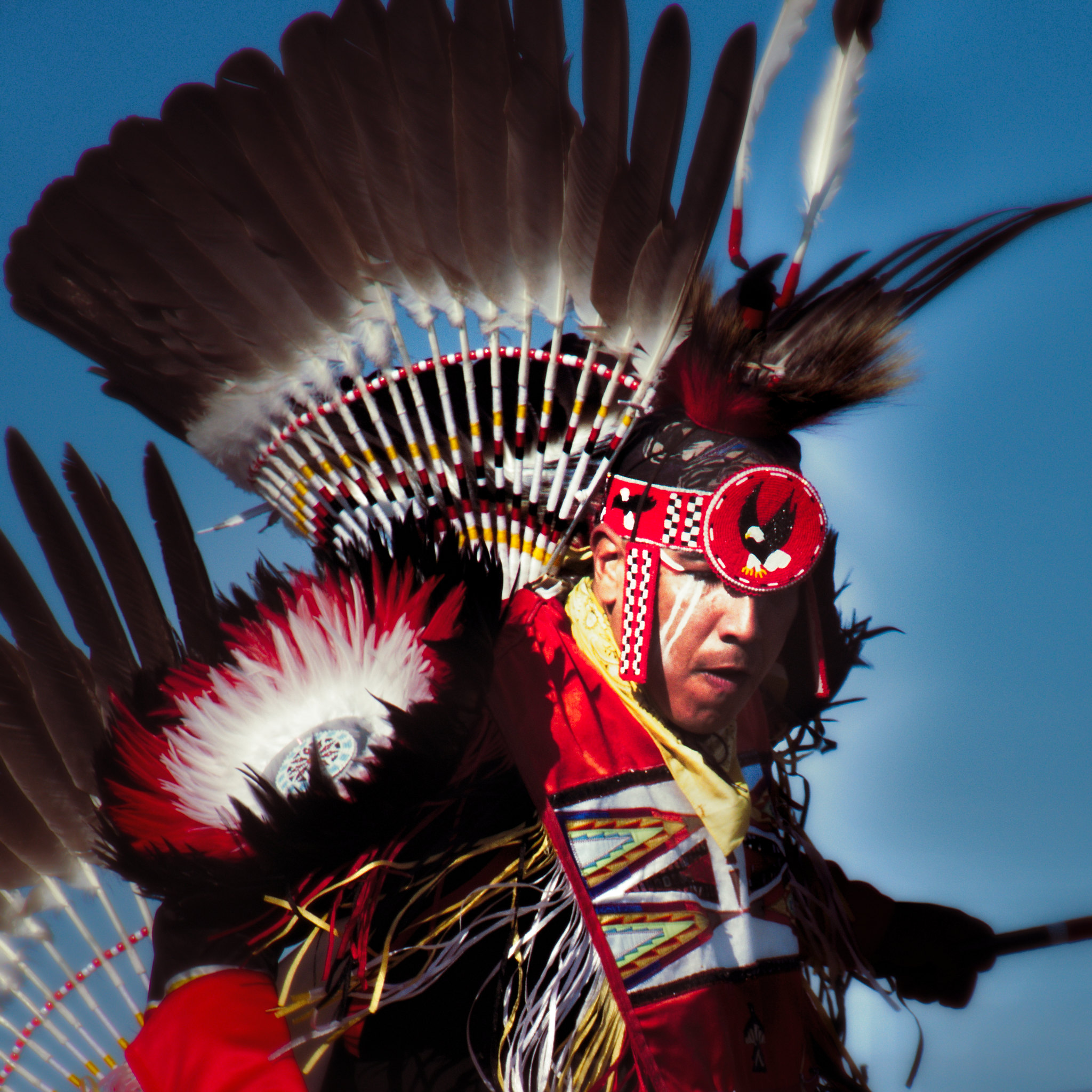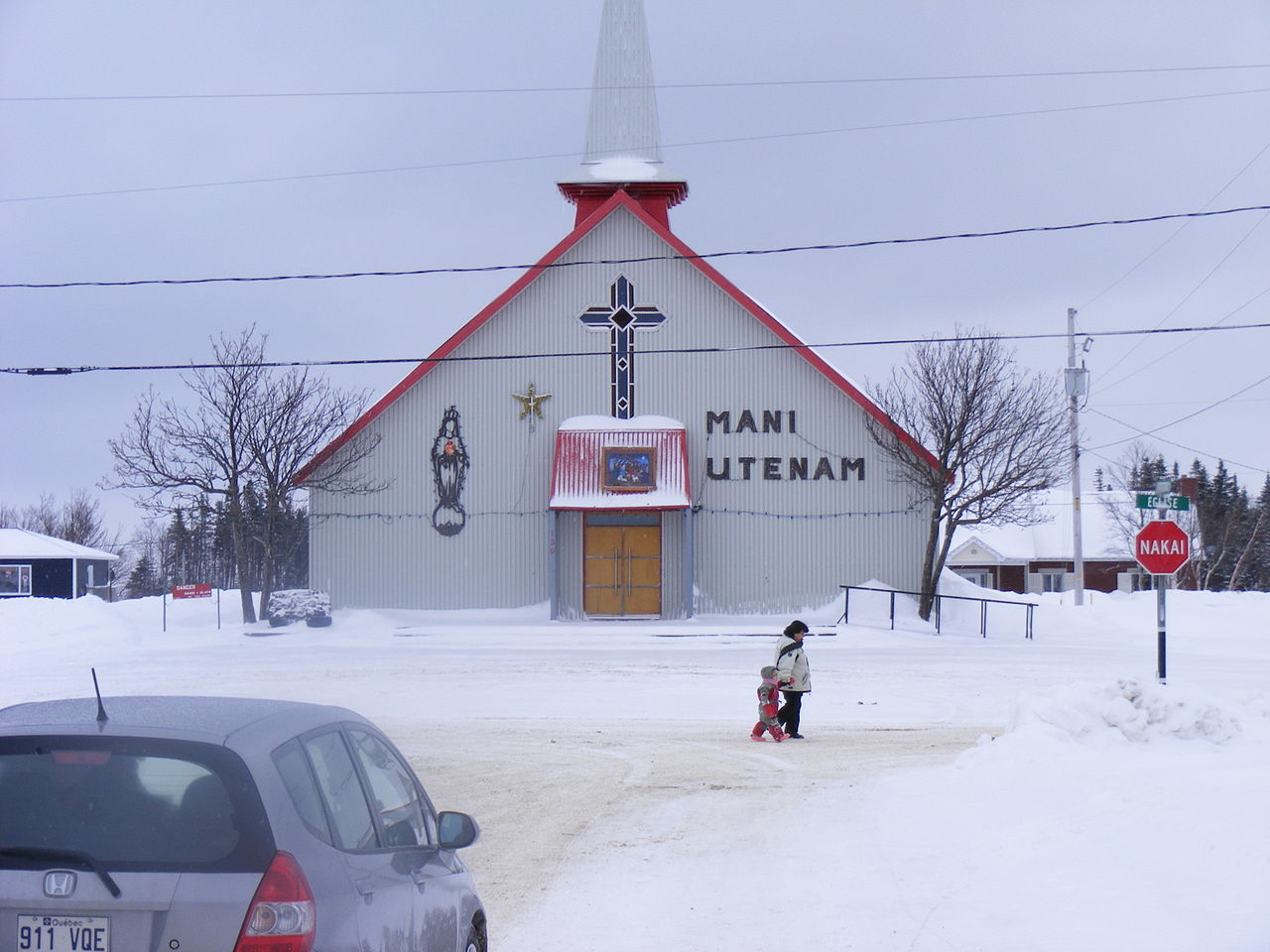Innu Nikamu is an annual festival of traditional and contemporary Indigenous music featuring hunters and musicians from Quebec. Innu Nikamu takes place in the Maliotenam (Mani-Utenam) reserve, located near Sept-Îles in Quebec’s Côte-Nord administrative region.

History and Activities
Inaugurated in 1985, Innu Nikamu celebrates all forms of expression of Innu culture, namely music, singing, dancing and arts. It takes place over four days during the first weekend of August, and it is recognized as “one of the largest alcohol-free festivals in the world.”
In 2024, the event drew together upwards of 30,000 attendees from various First Nations in Quebec, from other Indigenous communities in Labrador, Ontario, the Maritimes, and the West, and a small number of non-Indigenous visitors (see First Nations in Newfoundland and Labrador; First Nations in Ontario; First Nations in Canada). The event’s name can be translated to “the Innu sings” or “the human being sings”.

The host community of Maliotenam (Mani-Utenam) is the home of Philip Mackenzie, who initiated the contemporary song movement, creating folk-style pieces to texts in Innu-aimun (the Innu language). His earliest songs were accompanied by guitar and the traditional Montagnais teueikan (frame drum with snares) and were given the generic label of “folk Innu”. Subsequently younger artists began to add or substitute other acoustic and electronic instruments.
Organizers emphasize the power of music as a means of survival, both a vehicle for creative expression in Indigenous languages, and a facilitator of inter-community exchange, celebration, and the expression of solidarity. Traditional hunting songs, traditional songs from the inter-tribal powwow repertoire, contemporary “folk-Innu,” various genres and styles of popular music, Indigenous theatre, show performances of traditional dance, and Inuit vocal games have been featured at the festival. Many recording artists, the most famous of whom has been Kashtin, got their start at this festival.

In 2019, Innu filmmaker Kevin Bacon-Hervieux was awarded Québec Cinéma’s prestigious Prix Iris for his first feature-length film and debut documentary Innu Nikamu: Chanter la Resistance (Innu Nikamu: Resist and Sing, 2017). He was the first Indigenous filmmaker to win this award. The film was produced over the course of nearly six years and narrates the festival’s history and, like Innu Nikamu itself, promotes a message of inclusivity and acceptance that goes beyond cultural identity.

 Share on Facebook
Share on Facebook Share on X
Share on X Share by Email
Share by Email Share on Google Classroom
Share on Google Classroom



